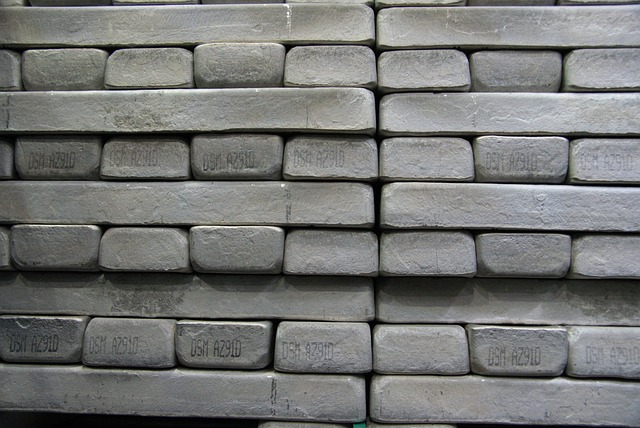Magnesium is a metallic element that is known for its lightweight and high strength-to-weight ratio. It is commonly used in a variety of applications, from aerospace to automotive industries. One question that often arises is whether magnesium is a strong metal. In this blog post, we will explore the properties of magnesium and determine whether it can be considered a strong metal.

Before we can determine whether magnesium is a strong metal, we first need to understand what makes a metal strong. In general, a strong metal is one that is able to withstand large amounts of stress without deforming or breaking. The strength of a metal is typically measured in terms of its tensile strength, which is the amount of stress a material can withstand before it breaks.

Magnesium is a lightweight and highly reactive silvery-white metal that is the eighth most abundant element in the Earth's crust. It is commonly found in minerals such as dolomite and magnesite. Magnesium is known for its high strength-to-weight ratio, making it an ideal material for applications where weight is a critical factor.
In terms of its mechanical properties, magnesium has a relatively high tensile strength that ranges from 110-185 MPa (MegaPascals). This indicates its ability to withstand large amounts of stress without deforming or breaking. However, magnesium is also quite ductile, meaning that it can be easily deformed or shaped.
While magnesium can be considered a strong metal based on its tensile strength, its strength can vary depending on the alloy composition and processing methods used. Adding small amounts of other elements such as aluminum or zinc can significantly increase the strength of magnesium alloy for sale. Additionally, the processing method used to produce the magnesium can also impact its strength.
Another important property of magnesium is its high reactivity. It can easily ignite spontaneously in air, making it a valuable material for pyrotechnics and flares. However, this also means that magnesium can corrode easily and requires special handling to prevent it from reacting with moisture or other chemicals.
In terms of its thermal and electrical conductivity, magnesium is a relatively good conductor, although not as good as some other metals such as copper or silver. It also has a relatively low melting point of 650°C, making it easy to cast and shape.
In summary, as a magnesium mg metal ingot producer, we acknowledge that magnesium material has a number of unique properties that make it a valuable material for a wide range of applications. Its high strength-to-weight ratio, low density, and good conductivity make it an ideal material for use in industries such as aerospace and automotive. However, it also requires special handling due to its reactivity and susceptibility to corrosion.

Based on its tensile strength, magnesium can be considered a strong metal. While it may not be as strong as some other metals such as steel or titanium, it is still able to withstand large amounts of stress without deforming or breaking. Additionally, its low density makes it an ideal material for applications where weight is a critical factor, such as in the aerospace industry. For example, we can provide a reasonable az91 magnesium alloy price.
However, it is important to note that the strength of magnesium can vary depending on the alloy composition and processing methods used. For example, adding small amounts of other elements such as aluminum or zinc can significantly increase the strength of magnesium alloys. Additionally, the processing method used to produce the magnesium can also impact its strength.
In conclusion, magnesium can be considered a strong metal based on its mechanical properties. While it may not be as strong as some other metals, it is still able to withstand large amounts of stress without deforming or breaking. Its low density also makes it an ideal material for applications where weight is a critical factor. When considering the use of magnesium in an application, it is important to consider the specific alloy composition and processing methods used to ensure that the material has the necessary strength properties.
Is Magnesium Metal Nonmetal or metalloid?
Is Magnesium a Soft Metal?
Is Magnesium a Transition Metal?
Is Magnesium a Reactive Metal?
Is Magnesium an Alkaline Earth Metal?
Is Magnesium Considered a Heavy Metal?